Question Number 11075 by Joel576 last updated on 10/Mar/17
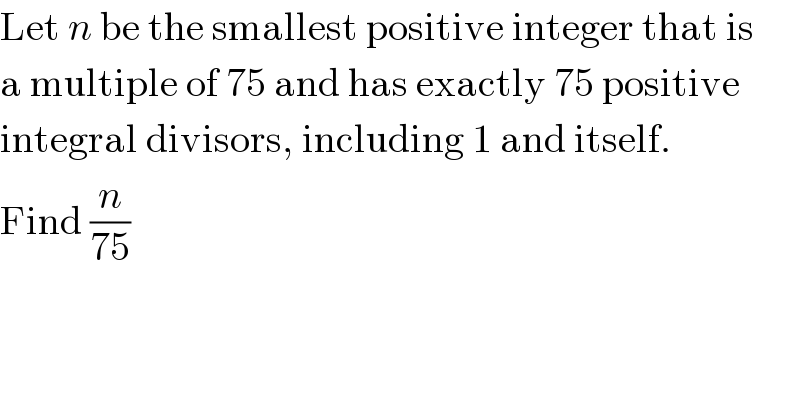
Commented by FilupS last updated on 11/Mar/17
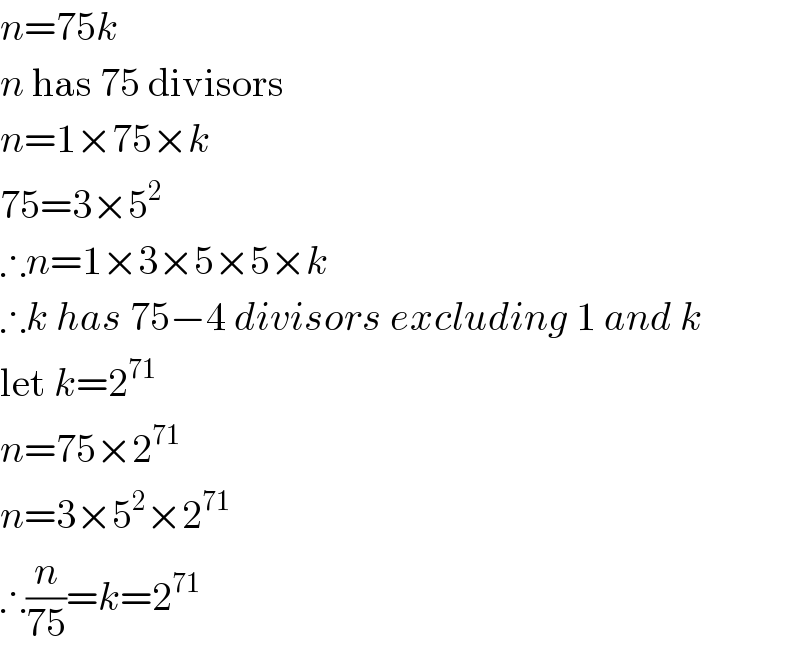
Commented by mrW1 last updated on 14/Mar/17
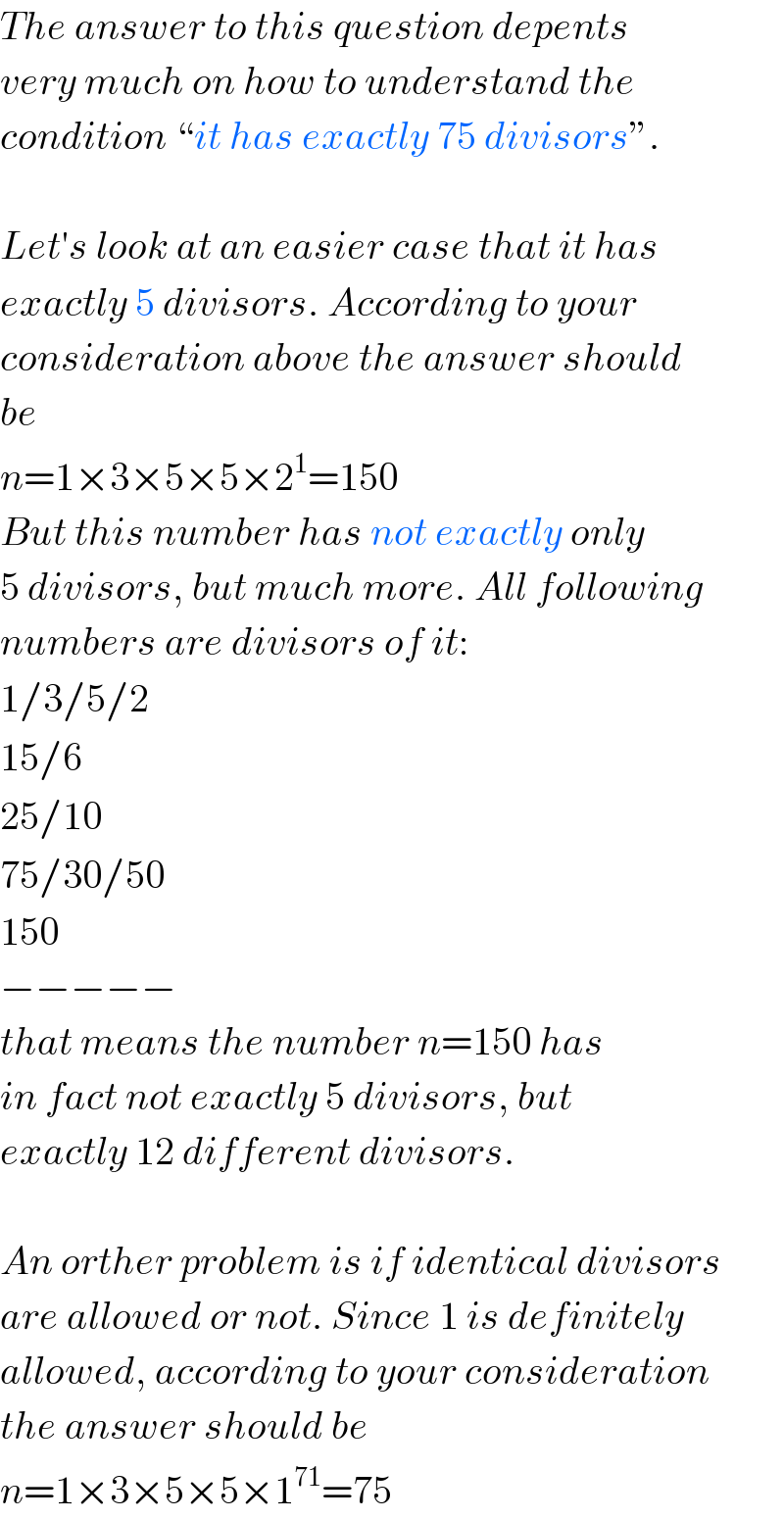
Commented by FilupS last updated on 11/Mar/17

Commented by mrW1 last updated on 11/Mar/17

Commented by FilupS last updated on 12/Mar/17
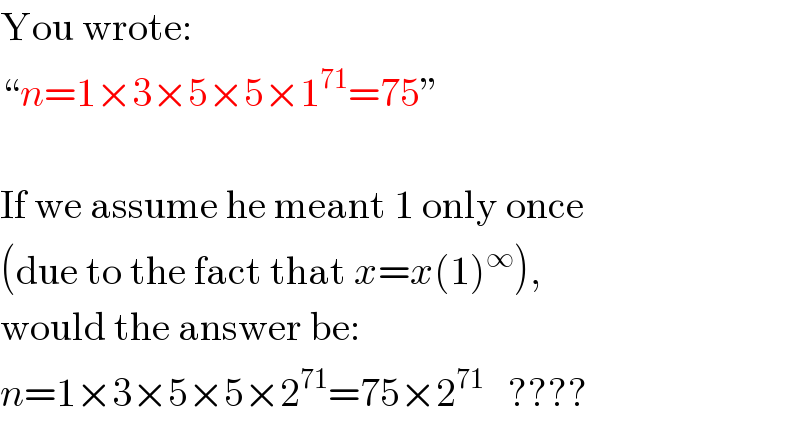
Commented by mrW1 last updated on 12/Mar/17
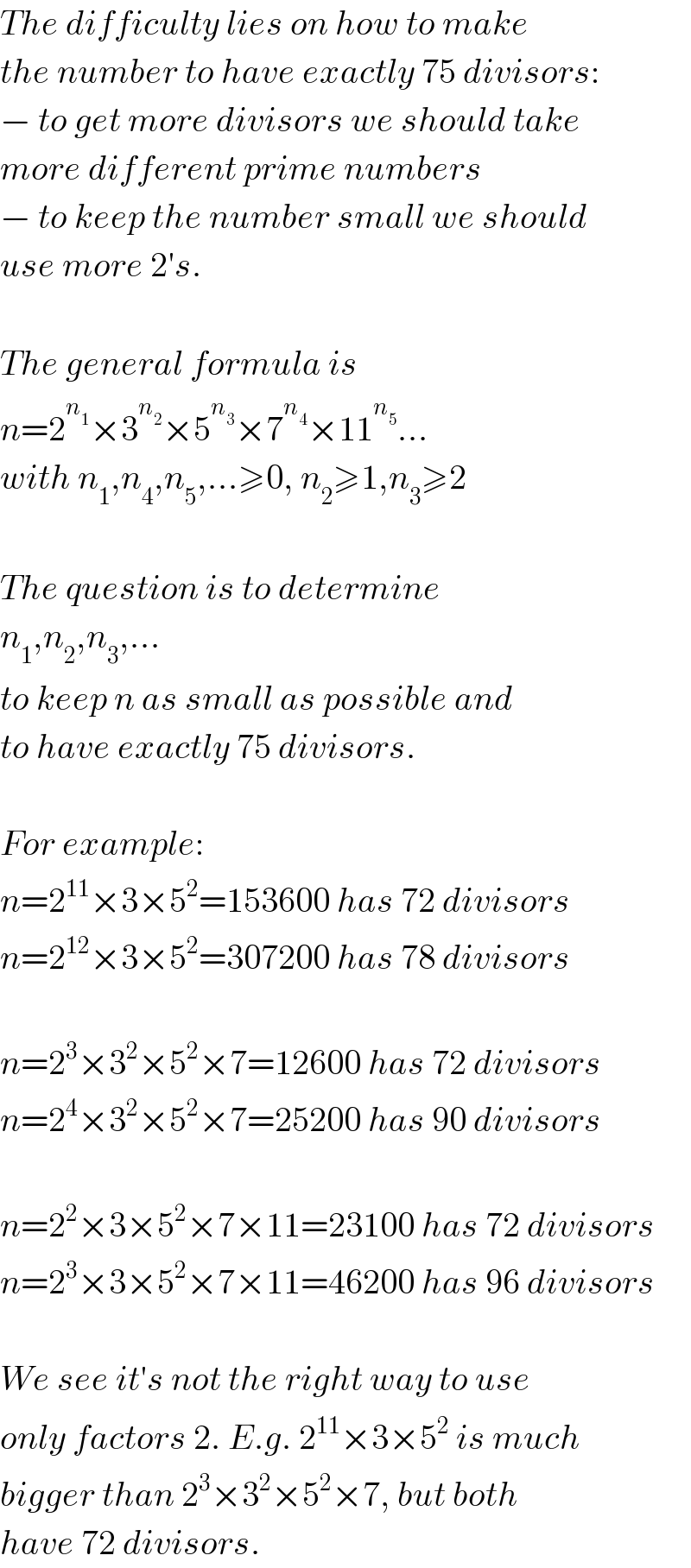
Answered by mrW1 last updated on 16/Mar/17

Commented by Joel576 last updated on 13/Mar/17

Commented by FilupS last updated on 13/Mar/17

Commented by FilupS last updated on 13/Mar/17

